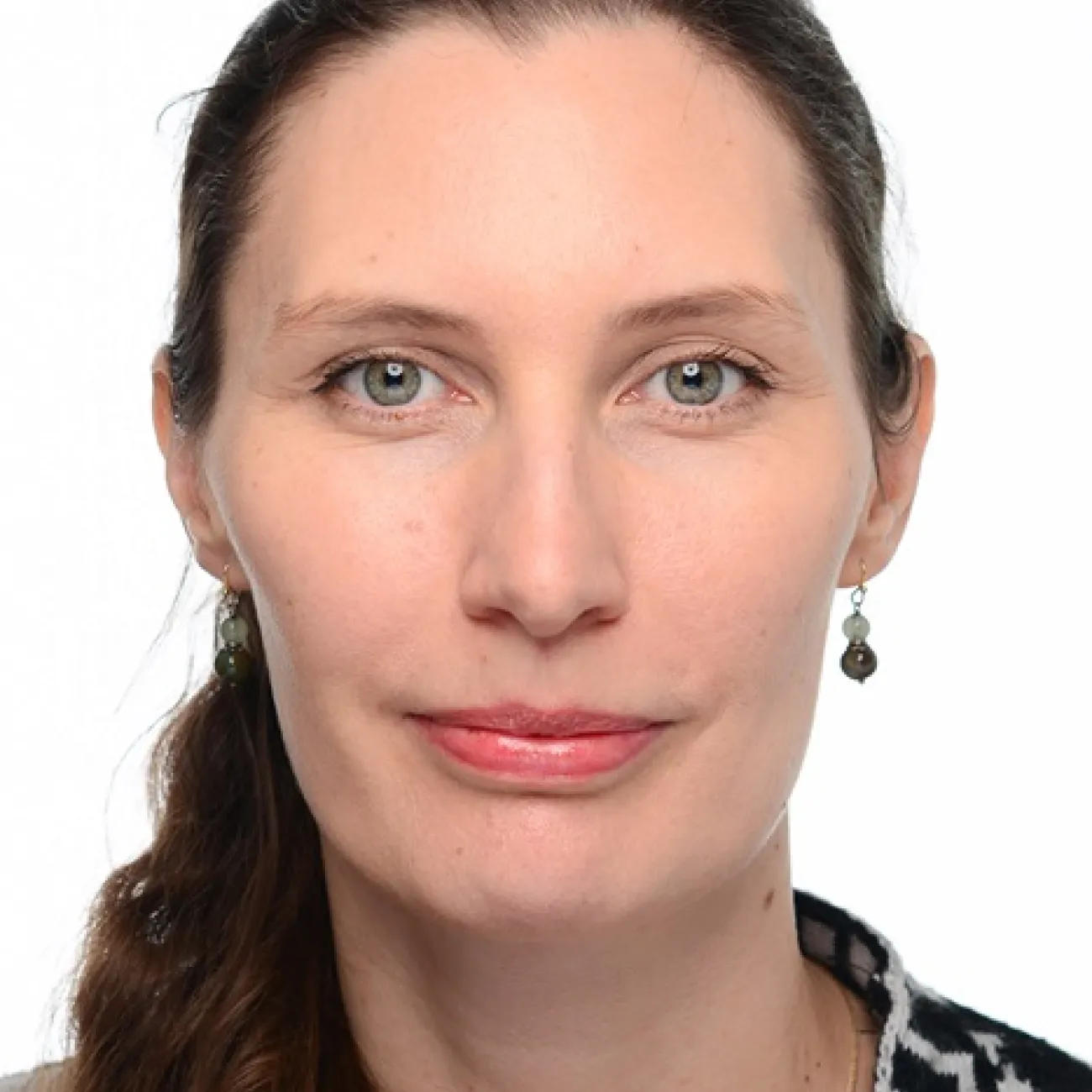Research
Research groups
Research projects
Active projects
Completed projects
Researchers:
Sponsor: The Academy of Medical Sciences

Email: V.C.Brandt@soton.ac.uk
Tel: +44 23 8059 1375